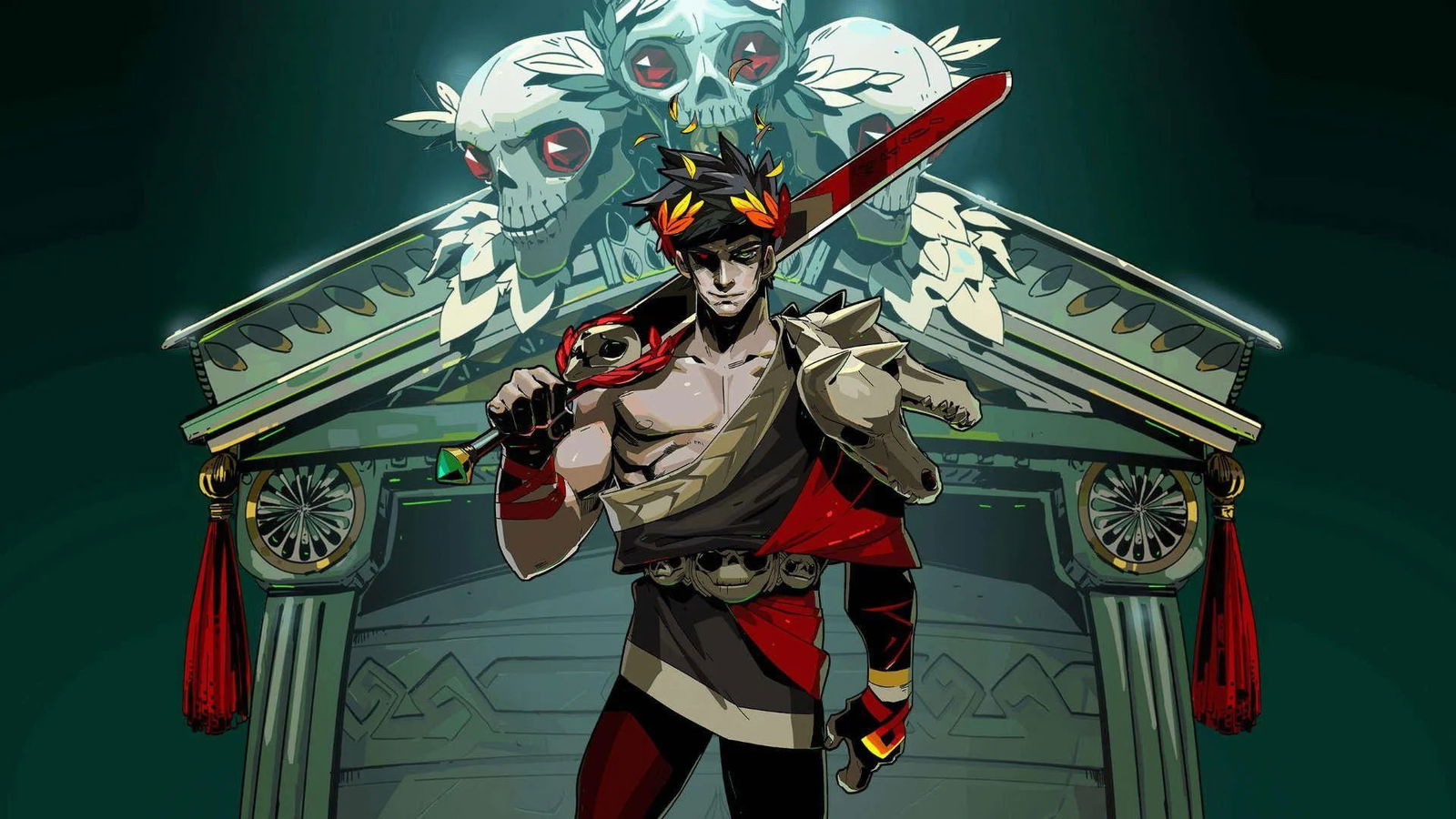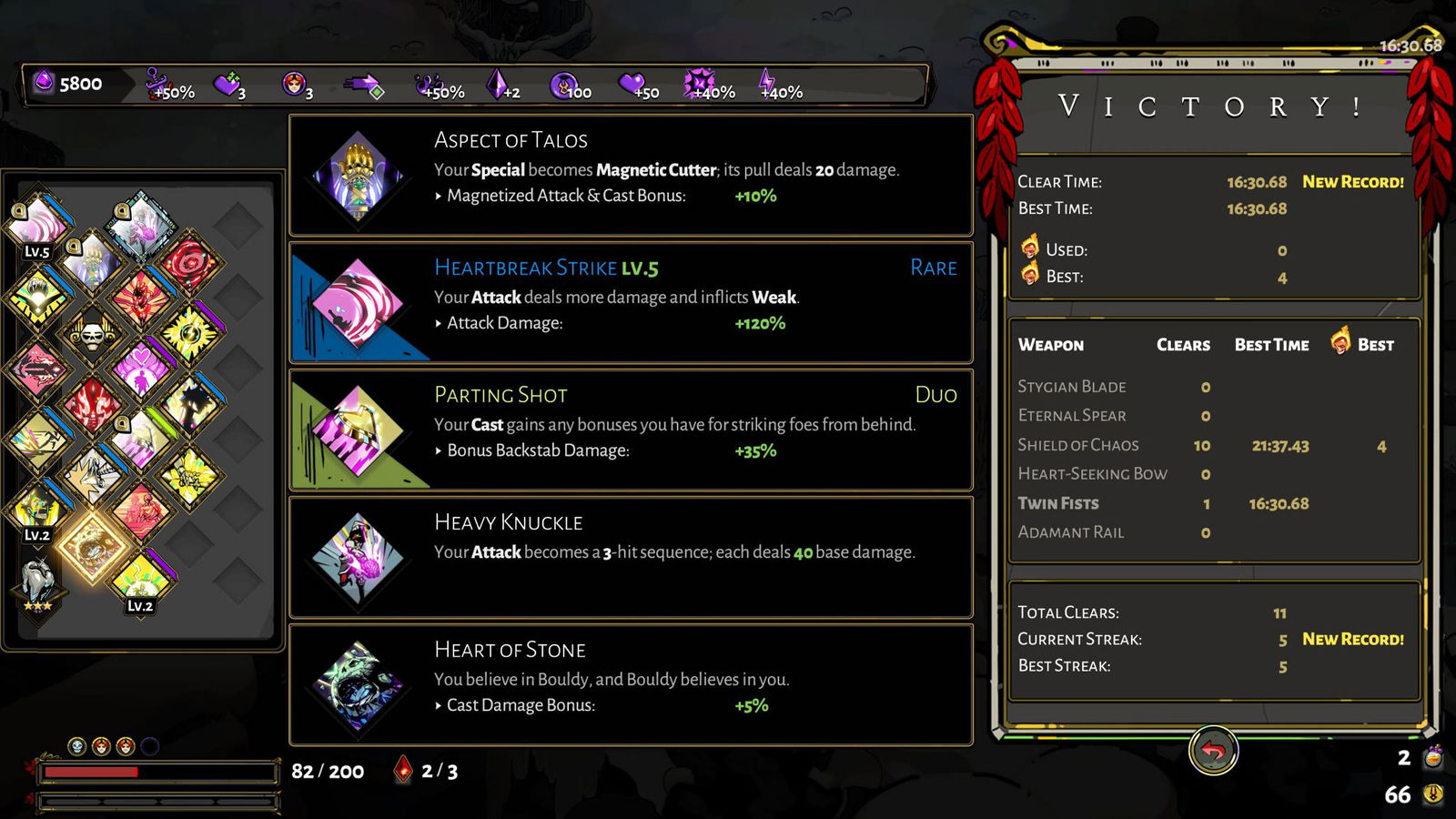Picture a scene. The year is 2024. You’re sitting down to play the latest triple-A exclusive on the PS5. It’s a spy-thriller, something that hasn’t been done well on this scale in years. The level loads up. You’re in the middle of a party, holding a martini. You push forward through the party to find what you’re looking for, a box hidden in a sequestered corner of the party, under the stairway to the cellar. You grab it, feeling elated at your success, but the feeling doesn’t last for long. You turn around to find yourself staring down the barrel of a pistol. Damn. As you left the energetic party, somebody had noticed the barrel of your gun poking out from your pocket and had followed you. Bang. You’re dead, shot, killed by your own mistake. You sigh and push the button to reload the mission and try again.
Except this time, it’s all different. You don’t load into a party this time, but into a seedy casino populated by the wretches of the underworld. Your target isn’t a box this time, but a ring that’s on the finger of one of Switzerland’s most notorious crime lords. You’re surrounded by people that could end you in a single move. All you have is your wits and your skill. You grit your teeth. It’s time to get to work.
I’ve been playing a hell of a lot of Hades from Supergiant Games recently (no pun intended). Supergiant’s roguelike dungeon crawler helps to bridge the ever-present gap that exists between roguelike games and story-based games. Oftentimes, the story of a roguelike is minimal, or simple. After all, how exactly do you go about creating a story as deep and meaningful as say, God Of War 2016, while still accounting for the fact everything in your game is generated and placed by an algorithm. Hades is a leap towards making it possible to having an incredible story but still being random, Supergiant is a master of their craft and deserves all the praise in the world for creating a game so amazing, so beautiful, and to an extent, rather ground-breaking. But while I was playing Hades I got to thinking about how other roguelikes achieve some kind of story cognizance, how they still create a narrative while everything is random, and how the future of gaming could be forecast by Hades.
Take as an example, Dead Cells. Dead Cells is a roguelike game that’s heavily inspired by classic Metroidvania games that delivers a story to the player in a minimalistic fashion. You piece together lore yourself by connecting enemies and locations together, as your player character is a mute. The game however goes out of its way to explain why you can die over and over again and keep battling onwards by explaining that the head of your character is immortal. While the body may wither away and die, your head will always crawl back to where it began and take on a new form given to you while the walls and world change around you. It avoids ludonarrative dissonance by explaining why you just keep coming back, and why everything keeps shifting on every single attempt through the world. It helps of course that the gameplay loop is satisfying and a lot of fun so that the player doesn’t really miss the lack of depth in the story. Hades does something similar, in that you play as the son of Hades, Zagreus, who just arrives back at his father’s throne room every time he dies, because how do you kill something that was always one with the land of the dead?
Hades gameplay takes that extra step compared to Dead Cells, though. Unlike Dead Cells, with its minimalist narrative, Hades has a more complex story of familial ties and bad blood. It takes the old myths and tales of the Greek Pantheon of gods and distills them into a manageable level for an entry-level gamer. You meet characters from myth throughout your journey, such as the Furies and Theseus and the Minotaur, Asterius. You get an idea of the background of these characters, but the game doesn’t go out of the way to explain it to you because the focus is primarily on that of Zagreus trying to get to the surface and finally meet his mother, Persephone. It’s on a different level from many other roguelikes in that it can afford to try something different with the narrative (different in the sense of a roguelike, not that of a game or piece of media), and I think that could translate into something bigger in the future of gaming.
But first, we need to talk about gameplay. Specifically, we need to discuss how a satisfying gameplay loop plays into a narrative and a game in general, and how this can help promote the idea of randomisation in a near-future industry. So, the gameplay loop of Hades is rather simple. You begin in Tartarus and fight your way up through Asphodel, Elysium and then the Temple of Styx. You defeat enemies of varying levels of strength throughout, facing minibosses along the way and eventually a final boss of the floor that will test everything that you’ve learnt so far. The gameplay loop remains largely the same throughout the game, though you have the option to change trinkets and weapons at the start of each run. It’s satisfying as all hell, and plays into the narrative of a situation in which Zagreus is attempting to fight his way through his fathers domain. In Dead Cells, the gameplay loop is similar to a relative extent. It’s on a 2-D sideview plain unlike Hades (which is an isometric game), but you’re still fighting your way through enemies and attempting to upgrade yourself to make fighting those enemies easier. The key difference is the aforementioned complexity of the narrative, and how it manages to play into the game, something Hades indisputably does better than Dead Cells.
We’re already getting there with games like Returnal (I won’t be talking much about it since I haven’t yet had a chance nor money to actually play it, but from what I’ve heard it does something similar to my pipe dream), but there are further steps to be made in the field. Taking into account any and all lessons learned from Hades and applying them to something with a larger budget, something with the budget and marketing of a big PlayStation or Xbox exclusive, could create an entirely new genre that’ll change everything. All it takes is one push, one idea, one single person to come up with technology or the idea that propels an entire galaxy of new concepts.
So let’s go back to the party, shall we? Your character is there because there’s a known terrorist cell preparing to blow the entire building sky-high. It’s up to you to find the box containing the bomb. This time, you spawn next to the bar, already sipping a cocktail that’s a shade of something between orange and green. You finish your drink, putting the glass down, before sneaking away to a nearby bathroom to use your gadgets to locate any intel you may have access to on the location of the bomb. After absorbing all the information, you make an educated guess that the bomb would be in the centre room upstairs where it could cause the most damage structurally.
You find the staircase leading up to the room, but it’s guarded by two heavily armed guards. Just then, you spot a fire escape hidden behind boxes under the stairs and sneak over there, avoiding any and all contact with the guards so they don’t become suspicious as to your actions. You pull out your silenced gun, and shoot the lock of the fire escape, praying that nobody has noticed. They haven’t, so you sneak your way up to the room, taking out any cameras on the way up. You look out of the fire escape onto the landing to see a number of guards watching the room in which the bomb is located, slowly ticking down. This is going to be a tough one, you think, reloading your gun and getting ready to go in. You just hope that you don’t die, because who knows where you might end up next, or what your mission might be.




